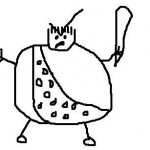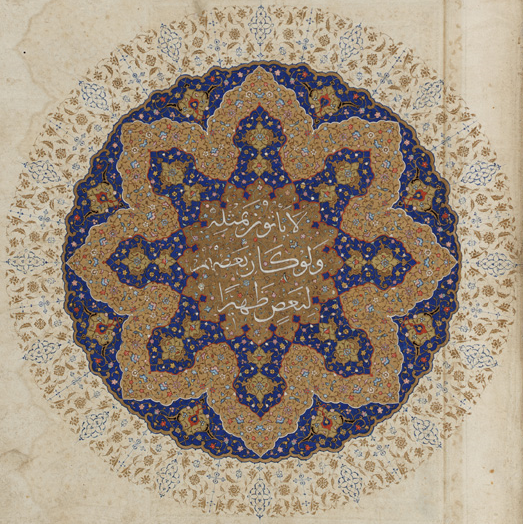Wearing the hijab or dressing modestly (no low necklines and leaving miniskirts to models) can, for some women, act as a way of empowering them, and I’ve seen its benefits first hand. When I wear a top that goes up to my neckline, as I do when I’m around Usama’s family (or to be honest most of the time – I wear hoodies a lot!), I feel like I’m actually being listened to and enjoy engaging in debates about religion and feminism with his family, without the feeling that someone is staring at my tits – which was the case in a lot of other situations. It reminded me of Simone de Beauvoir’s concept of female freedom lying in a woman’s ability to be removed from her physical attributes. Maybe there is something in it, after all. From guest post “Islam and me” on The F Word (UK).
I’m sure most of my readers are familiar with the concept of manufactured need. Usually it appears in anti-consumerist arguments about the psychology of advertising, and how marketers first have to make people feel inadequate to sell them products that alleviate the feeling of inadequacy. Today, I’m going to apply it to the modesty doctrine.
The guest blogger above doesn’t seem to realize that she’s being sold a line about empowerment that’s not empowerment at all. Patriarchal religion (in this case, a particular version of Islam) tells her that modest dress empowers her by preventing people from staring at her breasts. She feels more comfortable covered up around her fiance’s family. She talks about the relief of being “removed from her physical attributes.” What she doesn’t seem to notice is that other people’s behavior is what was making her uncomfortable in the first place. The beliefs of her family-to-be (that modest dress is a prerequisite for respect) cause them to stare at her breasts and make her uncomfortable in that subtle, infuriating way that Christian fundamentalists patronizingly smile and conspicuously try not to look at the legs of a newcomer in a short skirt. Her family-to-be’s body language is sending her subtle social signals that she is not okay. Because she is internalizing their ideas and bad behavior, she feels like she is “empowered” when she does what they want and covers up.

(From American Bedu.)
This dynamic is huge in patriarchal religion. When newcomers join a fundamentalist Christian church that demands skirts-only attire or long hair, they are struck first by what they’re told (“Jesus loves you and we welcome you into our family!”) and later by their own failure to fit in. The perceived acceptance they feel from other church members prevents them from connecting their sense of “outsider” status to judgmentalism on the part of the group. Instead, the pressure to change is internalized. It’s peer pressure, plain and simple. But Christians call it “being convicted” for their “sin” of “immodesty.” The “empowerment” that the woman above feels when she acquiesces to the modesty demands of her family-to-be is the same “empowerment” that Christian women feel when they throw out their blue jeans or grow out their hair: it’s just fancy language for “finally fitting in.”
If Simone de Beauvoir really intended for her ideas to be used this way, then she was full of crap. If other people can’t listen to your ideas because they’re too focused on your breasts, they are the ones disrespecting you. Changing yourself to suit them does not change their basic lack of respect for you as a person, it just satisfies their demands and causes them to stop pressuring you. That’s not empowerment, it’s just the relative absence of shaming.















